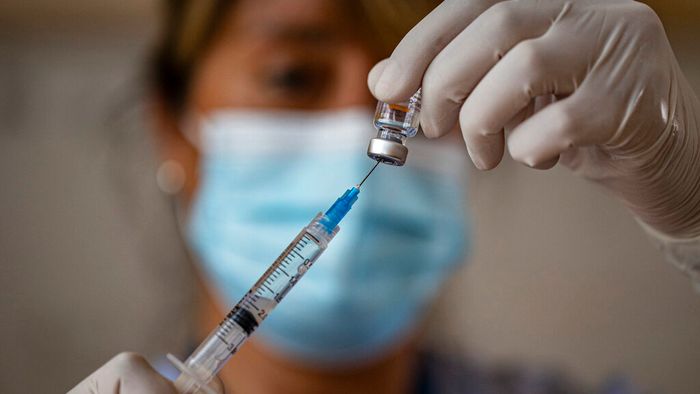Kiribati, one of the last Covid-19 uninfected places, reports virus cases

- Jan 28, 2022,
- Updated Jan 28, 2022, 5:43 PM IST
NEW DELHI: The remote Pacific archipelago of Kiribati closed its borders, ensuring the disease didn't reach its shores for nearly two full years.
Kiribati finally began reopening this month, allowing the Church of Jesus Christ of Latter-day Saints to charter a plane to bring home 54 of the island nation's citizens. Many of those aboard were missionaries who had left Kiribati before the border closure to spread the faith abroad for what is commonly known as the Mormon church.
Officials tested each returning passenger three times in nearby Fiji, required that they be vaccinated, and put them in quarantine with additional testing when they arrived home.
More than half the passengers tested positive for the virus, which has now slipped out into the community and prompted the government to declare a state of disaster. An initial 36 positive cases from the flight had ballooned to 181 cases by Friday.
Kiribati and several other small Pacific nations were among the last places on the planet to have avoided any virus outbreaks, thanks to their remote locations and strict border controls. But their defences appear no match against the highly contagious omicron variant.
Only 33% of Kiribati's 113,000 people are fully vaccinated, while 59% have had at least one dose, according to the online scientific publication Our World in Data. And like many other Pacific nations, Kiribati offers only basic health services.
Kiribati had only a couple of intensive care beds in the entire nation, and in the past relied on sending its sickest patients to Fiji or New Zealand for treatment.
Kiribati has now opened multiple quarantine sites, declared a curfew and imposed lockdowns. President Taneti Maamau said on social media that the government is using all its resources to manage the situation, and urged people to get vaccinated.